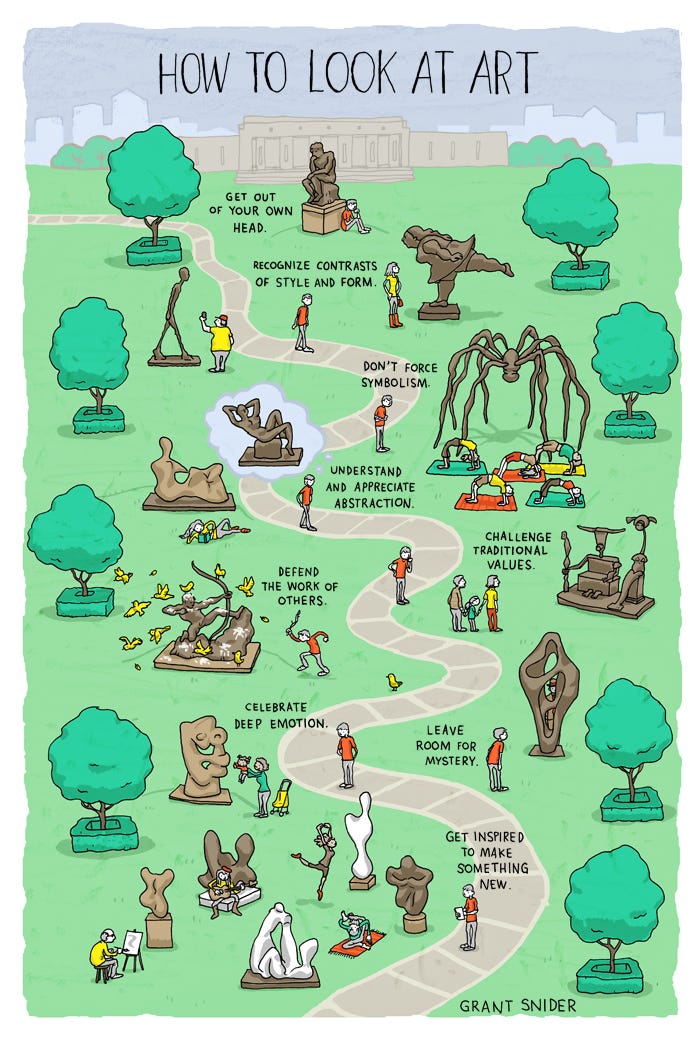Do you want to start your lesson with something different? Something that everybody is talking about? Something that everybody should know? Do you need to find information quickly?
REFDESK.COM REFDESK.COM might be very useful . It can be accessed via computer or smartphone. It gives you:
Site of the day – for example Earth Cam. I’ve just seen what’s going on in Bangkok. Live! Good for DESCRIBING PICTURES.
Fact of the day – I’ve just learnt that many historians believe football (European version) originated in China around 1000 B.C. Good for DISCUSSION about – football, China, other inventions, you name it.
Thought of the day – “Better to be occasionally cheated than perpetually suspicious.” – B.C. Forbes, hmmm, I don’t know, I guess so. But I’m not going to tell my students!
This day in history – “The first American attack on Japanese soil during WWII, the Battle of Iwo Jima(…)”. No, I’m not choosing that. The page gives me other option for example BBC. So, I’m choosing 25.02 – well, well – 1982: Parents can stop school beatings: The European Court of Human Rights rules corporal punishment in Britain’s schools is a violation of the Human Rights Convention. (http://news.bbc.co.uk/onthisday/hi/dates/stories/february/25/default.stm) Good for COMPARING and CONTRASTING different school systems, CHATTING about school days; USED TO etc.
In the news – DISCUSSING CURRENT EVENTS
Article of the day – homework: READING COMPREHENSION; WRITING A SUMMARY
Today’s birthday – good for WRITING A BIOGRAPHY; PRESENTATIONS
Today’s pictures – One of my favourite – stunning images, shocking images, informative images, street photography, political images, etc. Good for SHORT TALKS or DESCRIBE THE PICTURE activities.
Word of the day – Love it! Every day – a new word. Today – a stalking-horse.
Dictionaries of different sorts (visual, talking, technical), translators and many, many other things which can be used easily and fast.
This website is a real gem for busy teachers. A real time saver!!!! And excellent for LEARNING ON THE GO!!!!
:max_bytes(150000):strip_icc():format(webp)/principles-of-art-and-design-2578740-v31-5b72d965c9e77c0025b80a2d.png)









 English Central
English Central







